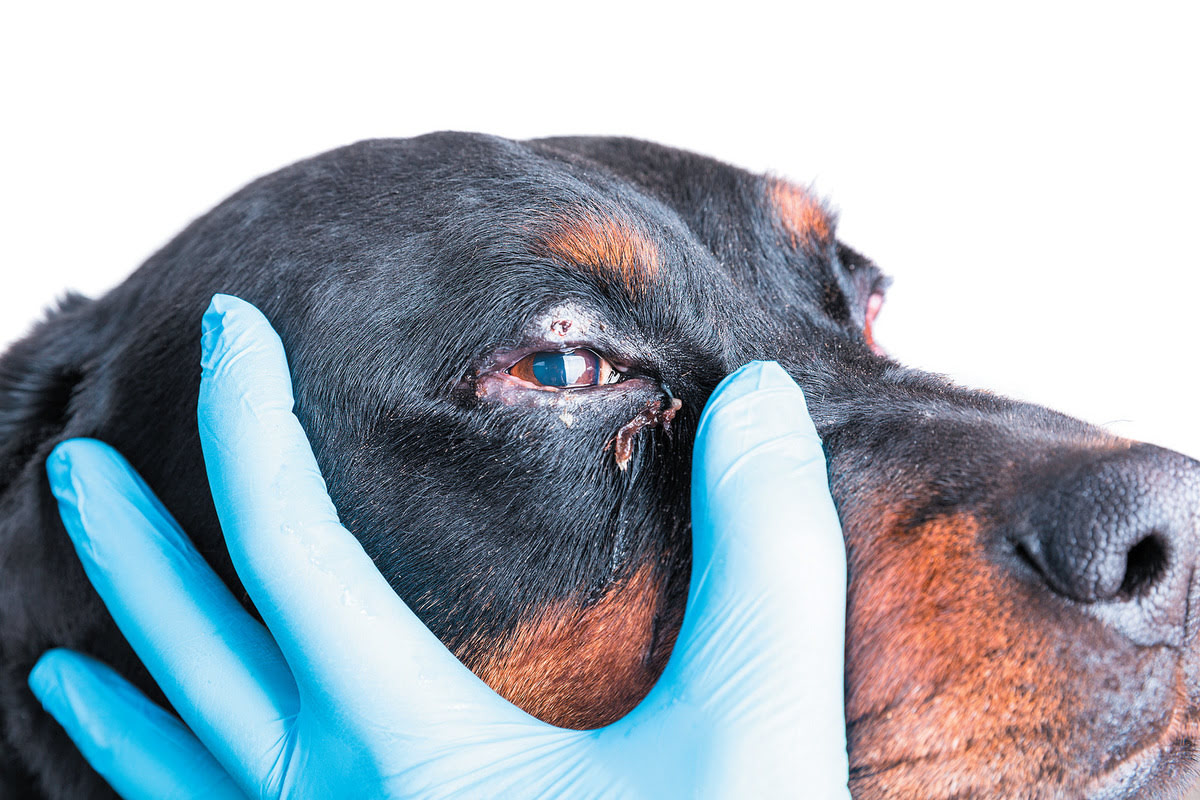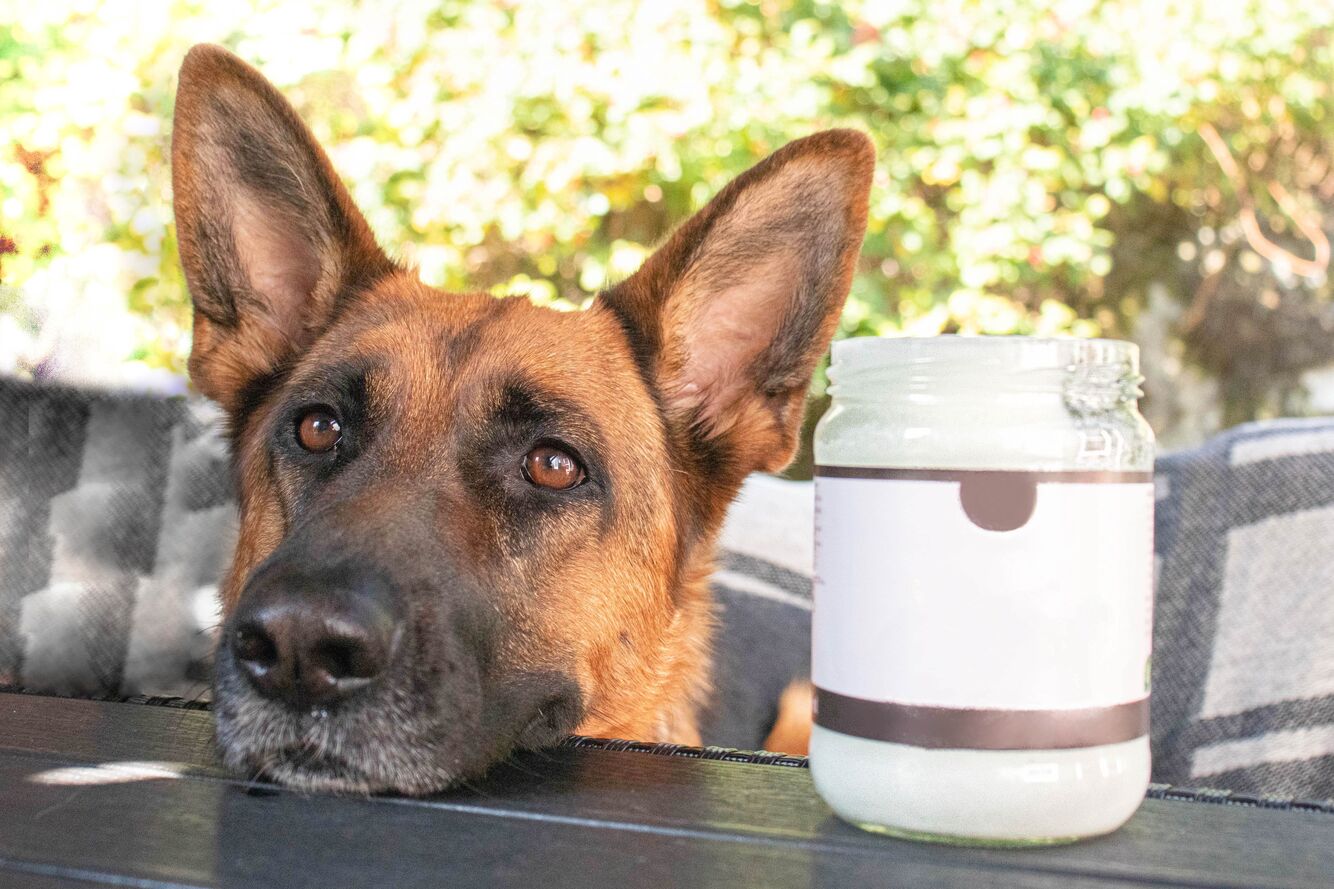Home>Health & Wellness>Nutrition & Diet>Specialized Diets>Fish for Older Dogs: A Comprehensive Guide


Specialized Diets
Fish for Older Dogs: A Comprehensive Guide
Modified: November 27, 2023
This blog post delves into the world of fish as a dietary choice for older dogs, ensuring you're well-informed to incorporate this protein into their diet.
(Many of the links in this article redirect to a specific reviewed product. Your purchase of these products through affiliate links helps to generate commission for Pawsomeoldies.com, at no extra cost. Learn more)
When it comes to the diet of older dogs, fish often emerges as a nutritious and beneficial option. But is fish always safe for senior canines? This blog post delves into the world of fish as a dietary choice for older dogs, ensuring you’re well-informed about incorporating this protein source into their diet.
Is Fish Safe for Older Dogs?
Absolutely! Fish is not only safe but also highly beneficial for older dogs. It’s a great source of protein, low in saturated fats, and easy to digest. Plus, fish is rich in omega-3 fatty acids, which are known for their anti-inflammatory properties.
Read more: Which Fish Oil Is For Dogs’ Arthritis
The Benefits of Fish in a Dog’s Diet
Feeding fish to older dogs offers several health benefits:
- Rich in Omega-3 Fatty Acids: These are crucial for reducing inflammation, which is particularly beneficial for older dogs with joint issues.
- High-Quality Protein Source: Essential for maintaining muscle mass in senior dogs.
- Low in Saturated Fats: Helps in managing weight and preventing obesity-related problems.
Choosing the Right Type of Fish
Not all fish are created equal when it comes to your dog’s health:
- Safe Options: Whitefish, flounder, salmon, herring, catfish, cod, whiting, and light canned tuna.
- Avoid Long-Lived Fish: Tuna and swordfish can contain higher levels of mercury.
Preparation is Key
How you prepare fish is crucial:
- Cooked, Not Raw: Raw fish can carry harmful bacteria like salmonella and listeria.
- Avoid Harmful Seasonings: Seasonings like garlic can be toxic to dogs.
- Beware of Bones: Fish bones can pose a choking hazard or cause internal injury.
Moderation Matters
While fish is beneficial, it should be given in moderation to prevent issues like obesity. Consult your veterinarian about the right serving size for your older dog.
Read more: How Much Fish Oil For Dog Allergies
Homemade vs. Commercial Dog Food
You can introduce fish to your dog’s diet through home-cooked meals or commercial dog foods. If opting for homemade diets, ensure they’re balanced and meet all nutritional needs.
Understanding Fish Allergies in Dogs
Some dogs may be allergic to fish. Introduce fish into their diet gradually and watch for any signs of allergies or gastrointestinal upset.
The Role of Fish in Managing Dog Food Allergies
Fish can be a great alternative for dogs allergic to more common protein sources like chicken or beef.
Environmental Considerations
Be mindful of the environmental impact of the fish you choose. Opt for sustainably sourced fish to ensure ecological responsibility.
Read more: How Much Fish Oil Capsule For 6lb Senior Dog
Fish Oil Supplements
If your dog doesn’t like eating fish, consider fish oil supplements as an alternative source of omega-3 fatty acids.
The Importance of Variety
While fish can be a key component of your older dog’s diet, it’s important to provide a variety of foods to ensure a balanced diet.
Transitioning to a Fish-Based Diet
If you’re introducing fish into your dog’s diet, do it gradually to allow their digestive system to adjust.
Senior Dogs and Fish-Based Diets
Fish-based diets can be particularly beneficial for senior dogs due to their high omega-3 content and easy digestibility.
Read more: How To Incorporate Fiber Into A Dog’s Diet
Consulting with Your Veterinarian
Always consult with your veterinarian before making significant changes to your dog’s diet, especially for older dogs with specific health concerns.
A Healthy Choice for Golden Years
Incorporating fish into the diet of older dogs can contribute significantly to their health and well-being, making their golden years more comfortable and enjoyable.
Feeding fish to your older dog can be a great way to boost their health and nutrition. With the right choices and preparation, fish can be a safe and beneficial addition to their diet. Remember, when in doubt, always seek advice from a veterinary professional to ensure your furry friend’s dietary needs are fully met.












